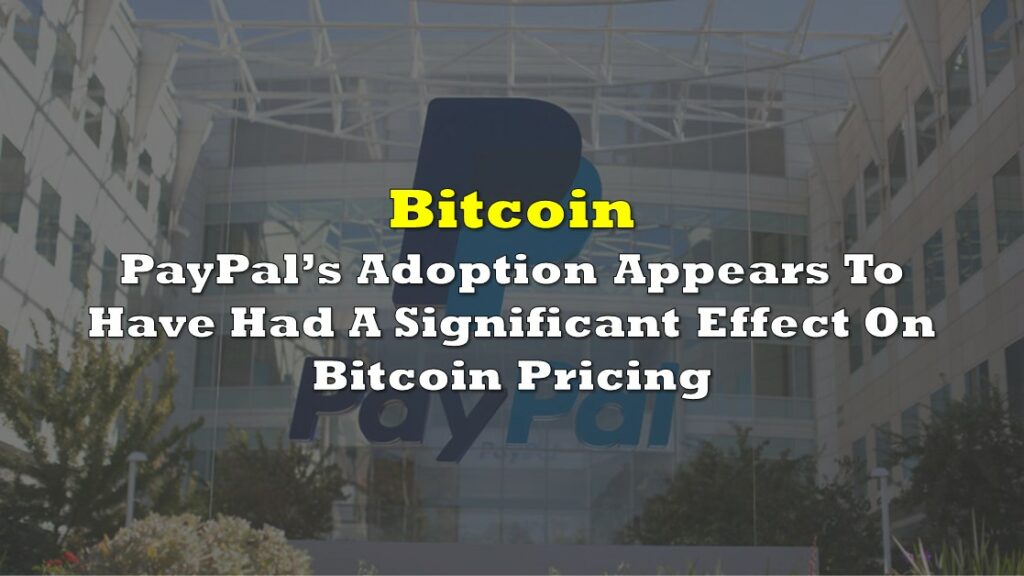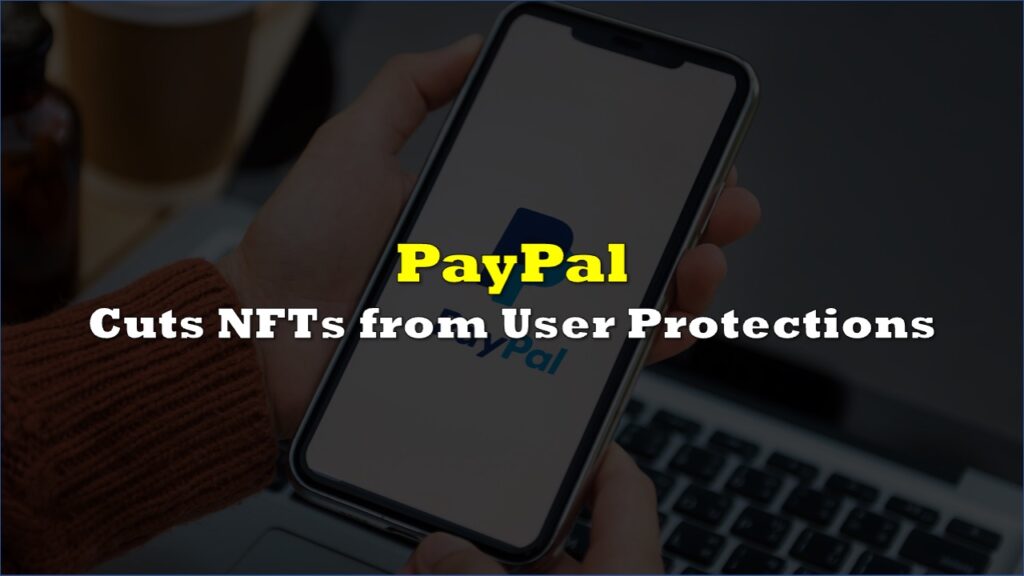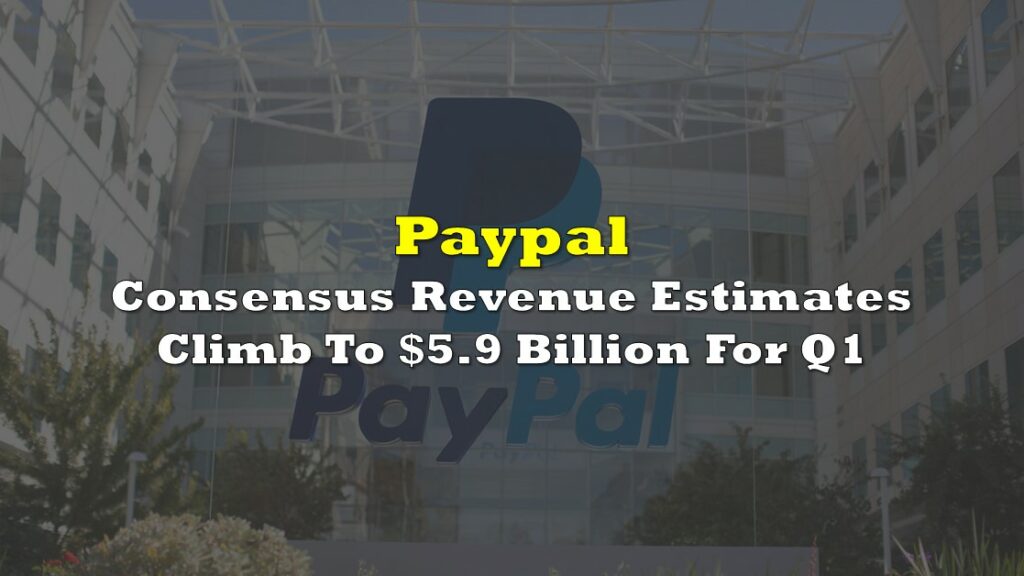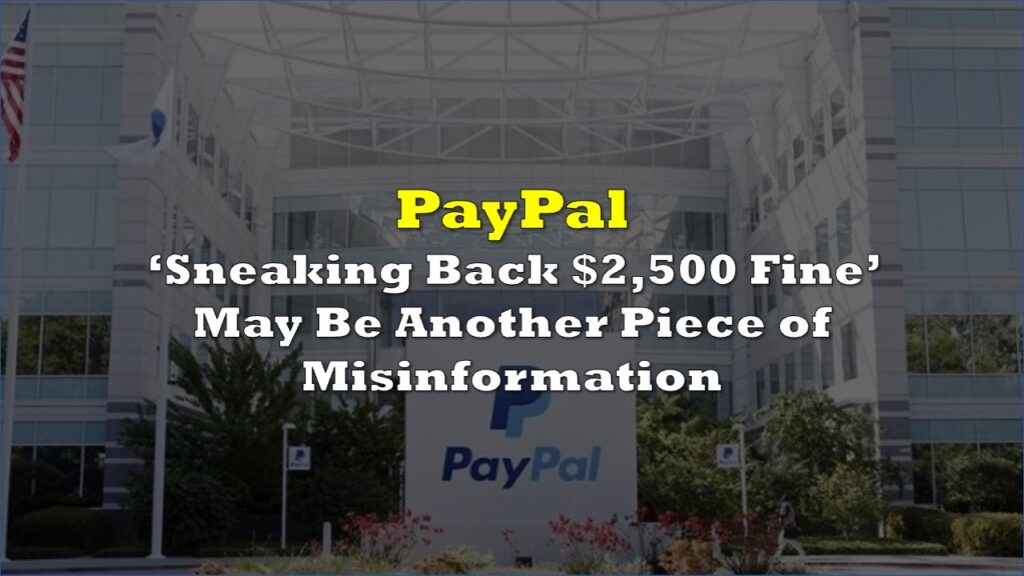PayPal Holdings, Inc. (NASDAQ: PYPL) announced its third-quarter 2024 earnings today, reporting mixed results that saw strong earnings but a slight revenue miss against market expectations. Revenue for the quarter came in at $7.85 billion, up 6% from $7.42 billion in the same period last year, yet falling just short of analysts’ forecasts of $7.89 billion. This miss prompted a dip in premarket trading, despite the company posting notable gains in earnings per share (EPS) and key financial metrics.
CEO Alex Chriss, who recently marked his first full year in the role, has led PayPal through what he describes as a transformative period.
“We are making solid progress in our transformation as we bring new innovations to market, forge important partnerships with leading commerce players, and drive awareness and engagement through new marketing campaigns,” Chriss said.
He attributed the company’s advances to strategic shifts that emphasize profitability and product innovation, noting that PayPal is laying the foundation for long-term growth.

PayPal reported adjusted earnings per share of $1.20, which significantly exceeded analysts’ expectations of $1.07 and represented a 22% increase from $0.98 in Q3 2023. This improvement is largely attributed to a rise in transaction margin—46.6% in Q3, up from 45.4% a year ago—showing that the company’s operational focus has bolstered profitability even as the take rate, or percentage of transaction revenue PayPal retains, dipped slightly to 1.86% from 1.91%.
Despite the positive earnings, PayPal’s total payment volume (TPV) rose by only 9% to $422.6 billion, meeting but not surpassing the market forecast of $422.5 billion. The company’s net income for the quarter, adjusted for certain costs, totaled $1.23 billion, a 14% increase from last year, reflecting operational efficiency and improved transaction margins.
Active accounts increased modestly by 1% year-over-year to 432 million, which speaks to stable but slowed user growth amid a fiercely competitive digital payments market.
In line with PayPal’s efforts to attract and retain customers, the company recently introduced new product offerings, including a one-click payment feature called Fastlane and a rewards program within the mobile app named PayPal Everywhere. Fastlane, launched in August, is designed to rival Apple Pay and Shopify’s Shop Pay in providing a seamless digital checkout experience. Initial rollout data has shown promising traction, particularly in the U.S. market, where the convenience of one-click checkout has proven popular among consumers.
PayPal Everywhere, which provides users with 5% cash back for purchases made with the PayPal debit card, has seen more than a million new enrollments since its September launch. These initiatives indicate a shift towards a customer-centric model aimed at increasing engagement and satisfaction, with Chriss noting that PayPal’s offerings provide “value-added services designed to reduce friction and improve transaction efficiency.”
Despite these advancements, PayPal faces challenges as it adjusts its growth outlook for the fourth quarter. The company is forecasting “low single-digit growth” in Q4 revenues, falling below market expectations that had projected a slightly higher rate. This cautious guidance reflects the company’s focus on disciplined growth as it continues to prioritize profitability over aggressive expansion.
PayPal’s adjusted EPS guidance for the fourth quarter is in the range of $1.07 to $1.11, suggesting only a slight increase compared to Q3 results and indicating tempered market conditions ahead.
From a financial standpoint, PayPal remains robust, ending the quarter with $16.2 billion in cash, cash equivalents, and investments. The company has also maintained its commitment to shareholder value, buying back approximately 28 million shares of common stock for $1.8 billion in Q3 alone.
Over the past twelve months, PayPal has repurchased a total of 87 million shares, amounting to $5.4 billion returned to stockholders. This ongoing repurchase program underscores PayPal’s strategy of reinvesting in its stock as part of its broader approach to managing capital in the current economic climate.
In terms of competition, PayPal continues to navigate a field populated with well-established players like Apple Inc. (NASDAQ: AAPL) and fintech disruptors like Square (NYSE: SQ). The intensifying competition has put pressure on PayPal to remain agile and innovative, especially as it seeks to differentiate itself through partnerships, a diversified product portfolio, and a refined growth model.
Reflecting on his first year as CEO, Chriss remarked that the strategic decisions and foundational investments made during this period have been critical for PayPal’s resilience and long-term prospects.
“We’ve built a solid foundation in this last year that will serve us in the years to come,” he noted, indicating a focus on steady, well-considered growth. However, PayPal’s muted Q4 guidance signals the need for patience among investors as the company manages both market pressures and its internal shift toward more sustainable profitability.
Information for this story was found via CNBC and the sources and companies mentioned. The author has no securities or affiliations related to the organizations discussed. Not a recommendation to buy or sell. Always do additional research and consult a professional before purchasing a security. The author holds no licenses.









